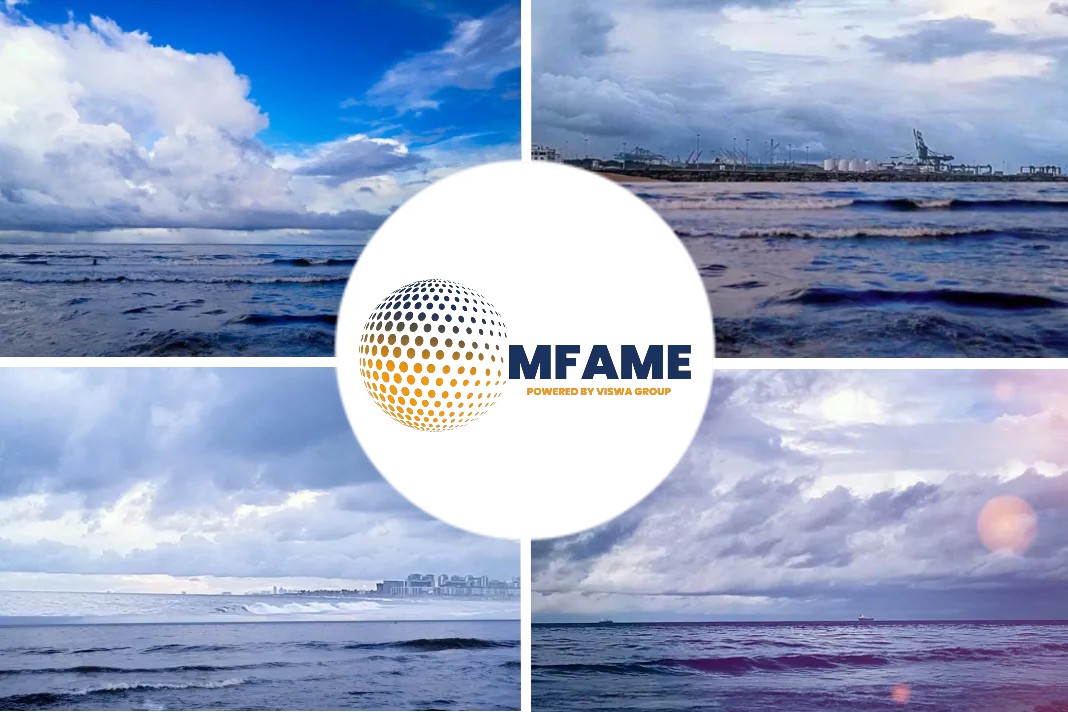
- US DOE says price cap on Russian crude, products ‘totally working’
- Others can catch up to China on critical minerals with cooperation
The world “absolutely” needs new gas investment while Russia’s war in Ukraine keeps supply risks high, US Assistant Energy Secretary Andrew Light said April 16 as G7 leaders adopted an agreement acknowledging a role for gas over objections that it should be abandoned to slow climate change, reports SP Global.
Abated natural gas
Light, who leads the DOE’s Office of International Affairs, said the US also sees a “phenomenal future for abated natural gas as a clean energy source in the world” by reducing leaks and other impacts of gas at the wellhead, in vehicles, during liquefaction and shipping.
“We do think that when things stabilize as Ukraine wins the war, then we will see an increased premium to be paid for the lowest-carbon and -methane gas there is,” he said.
European energy security
Light said US LNG supply remains critical to European energy security as it moves to cut reliance on Russian gas.
“Our flows to Europe have surged. The market has pulled them, the US government has not done that,” he said.
Light said Europe is doing the right things to keep gas supplies stable, including decreasing demand, diversifying energy sources and making joint purchases and other strategies “that will ensure that they will not be forever buying on the spot market but can have longer-term contracts that give them a security of supply.”
Light defended the current Russian oil price cap level, though the Department of the Treasury is the US lead on the policy.
“The cap is totally working right now,” he said. “It’s driving down the profits that [Russian President Vladimir] Putin was making out of the oil sector. It’s realigning things. It has lowered the price of oil for those countries that continue to buy Russian oil, so that’s exactly what we wanted to see.”
The G7 has imposed price caps on Russian crude and refined products aimed at crimping Kremlin’s oil revenues while keeping Russian supplies on the market.
Urgency for critical mineral security
The Russian war’s impact on oil and gas markets has provided urgency to G7’s efforts to build up critical mineral supply chains outside of China, Light said.
Demand is expected to soar for lithium, nickel, cobalt and other metals needed for batteries and electrification technologies, but supply chains to bring the commodities to market face numerous challenges, according to S&P Global.
“We don’t want to be at the mercy of China and put them in the same position vis a vis the rest of the world as Russia has been with Europe,” Light said. “That’s absolutely an intolerable position to be in, so we’re doing everything we possibly can to diversify entire critical mineral materials and supply chains for renewable energy.”
The G7 agreed at Sapporo to continue working to diversify critical minerals supply chains with “open, transparent, rules- and market-based trade” and to promote dialogue between extraction, producer and consumer countries.
Light said the US aims to accelerate cooperation on critical minerals with the G7, the Association of Southeast Asian Nations, or ASEAN, and Latin American countries that hold major mineral resources, and the potential for refining and manufacturing capacity.
“This is not at all a situation where China is so far ahead that we can’t pull back a lot of that market if we work together,” Light said. “That’s the key. The US can’t do it alone, we’ve got to work with other countries.”
Did you subscribe to our daily Newsletter?
It’s Free! Click here to Subscribe
Source: SP Global















